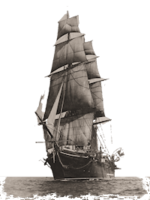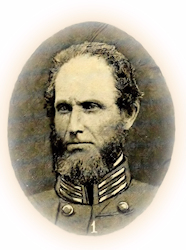March 1, 1863, The New York Herald
The reports from the cut-off at Vicksburg are most favorable. It is said that the channel has been cut to a depth of six feet, and that the transport Lebanon, a wide-wheel steamer, passed through, and that most of the fleet lying above were about to follow. Our special correspondence from there will be found full of interesting details.
An effort was made by the rebels to obstruct the expedition through Yazoo Pass, by putting trees and stumps into the Cold Water river near Moon Lake, through which our boats had passed. Some of the Illinois cavalry had a skirmish on Friday last with sixty rebels, and dispersed them, after killing six and capturing twenty-six of the enemy.
By the arrival of the Arago from Port Royal we learn that the differences between Generals Hunter and Foster are being healed up by the intervention of Adjutant General Townsend. Brigadier General Stevenson has been honorably released from arrest. The troops from North Carolina are to be removed from General Hunter’s district, greatly to their delight. It is said that our iron-clad navy will soon have complete control of Charleston harbor.
The Africa at this port brings news from Europe to February 15 – two days later.
The late privateer Sumter – now called the Gibraltar – had arrived at Liverpool.
The London Times points out, in a satirical editorial, that the entertainment of Mr. Mason, the rebel Commissioner in London, by the Lord Mayor of that city, and the speech delivered by the former gentleman on the occasion, are not to be considered as possessing the slightest national importance.
A mass meeting in support of Mr. Lincoln’s emancipation policy was to be held in Liverpool on the 19th of February.
The address of the Liverpool Chamber of Commerce, in reply to the American contributors of food for the distressed operatives of Lancashire by the ship George Griswold, was to be publicly presented to the commander of that vessel on the 16th of February.
The French Emperor was despatching large reinforcements – or it may be the nucleus of a very powerful army – to Mexico.
The Rio Grande City correspondent of the Liverpool Journal of Commerce makes some very serious charges against the United States officials in and near that place for encouraging raids on the Mexican frontier, and vice versa on Americans in Texas, whom they accused of being either open rebels or disloyal in sentiment.









